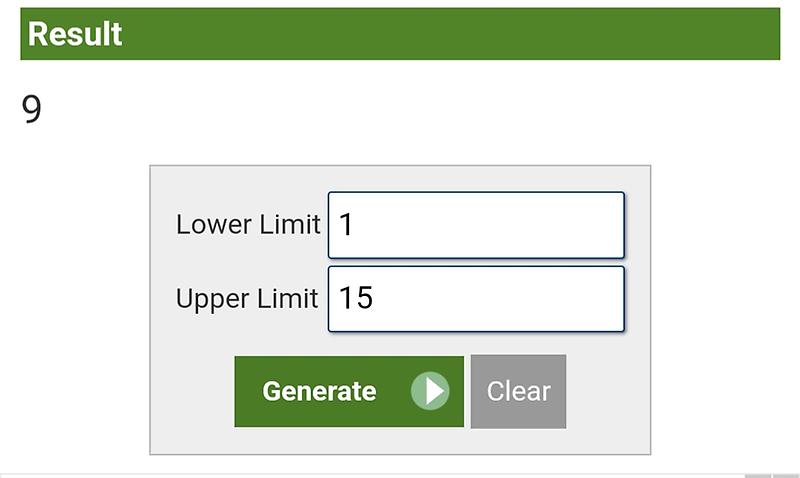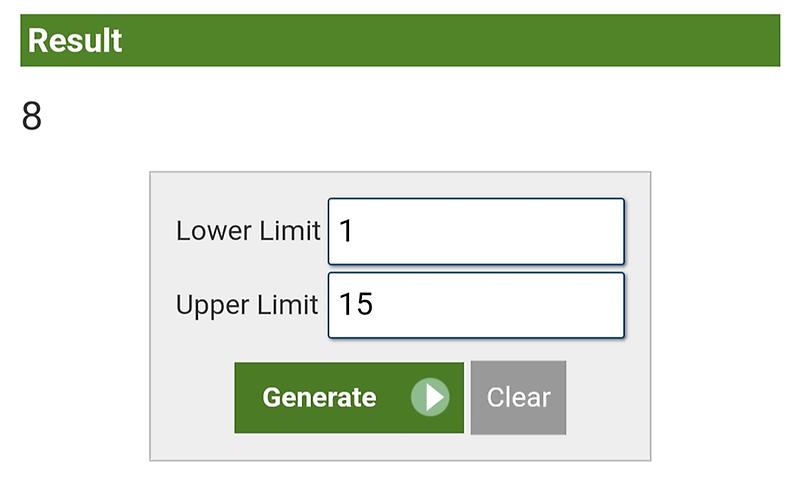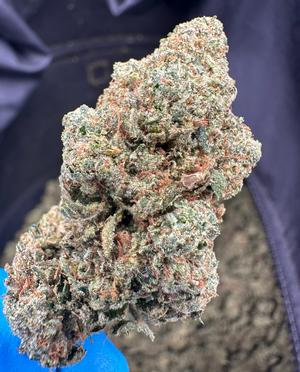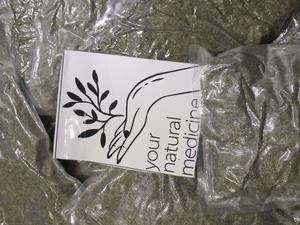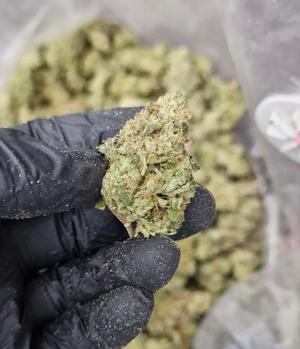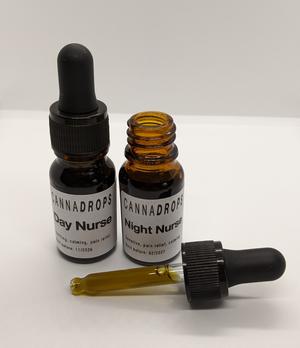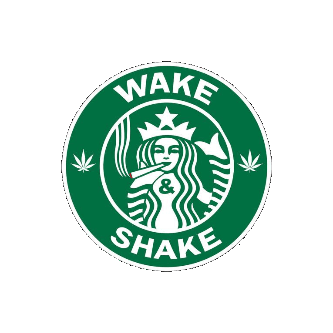So recently I posted a topic regarding the new UK Knowledge Assessment Quiz that you have to complete in order to use Coinbase.
To reiterate, there are two parts to the assessment. For the first part just enter the lowest percentage possible on every input.
The second part is a little more tricky, you will be asked 6 random multiple choice questions.
Here is an updated list of 27 potential questions and answers;
Q1)
Which statement best describes crypto-asset price movements?
A)
Many crypto-assets experience rapid price movements meaning that prices can quickly fall and rise.
Q2)
What happens if there is a disruption at a centralized exchange;
A)
It may impact my ability to buy, sell or transfer my crypto-assets until the outage is rectified.
Q3)
What rights does Coinbase have over the crypto-assets in your account?
A)
Coinbase holds your assets 1:1 on your behalf and will not sell, transfer or loan your assets unless instructed by you or compelled by a valid court order.
Q4)
What regulatory protections currently apply to crypto assets held with centralized crypto exchanges for customers in the UK?
A)
They are not subject to any regulatory guarantees.
Q5)
Decentralized Finance and ('DeFi) tokens (e.g. AAVE) are crypto-assets linked to financial applications built on decentralized blockchain technology. What are key risks with these types of tokens?
A)
Both of the above
Q6)
Which statement best describes crypto-asset price movements?
A)
Quickly fall and rise, volatile
Q7)
When you purchase crypto assets, what are your potential losses?
A)
Lose it all
Q8)
What regulation applies to UK-based crypto-asset businesses?
A)
FCA
Q9)
Key risks of stablecoins question
A)
Both of the above – exposed to movements in USD:GBP and the asset claims to be redeemable for underlying collateral, there is risk the redemption process will not work as expected.
Q10)
What happens when you opt into staking crypto-assets held in your Coinbase account?
A)
Coinbase stakes those crypto-assets on your behalf and passes on staking rewards from the respective network(s) to you (minus a commission).
Q11)
Which statement best describes how crypto-asset exchanges compare to traditional stock market exchanges?
A)
Traditional stock market exchanges are typically highly regulated throughout the world, however crypto-asset exchanges are newer and subject to varying levels of regulation across different countries today.
Q12)
What law governs your relationship with Coinbase as a UK customer?
A)
The laws of England and Wales.
Q13)
What crypto-asset services does Coinbase offer?
A)
Both of the above.
Q14)
During what times might the value of your crypto-assets change?
A)
Crypto asset markets operate 24 hours a day on all days of the year and the value of my crypto-assets could change at any time day or night.
Q15)
It is important to find a crypto-asset exchange you trust. What are some of the risks you assume when trading on a crypto-asset exchange?
A)
Both of the above.
Q16)
‘Wrapped tokens’ are tokenised representations of other crypto-assets. They are typically created to facilitate compatibility and interaction across different blockchain protocols. What are key risks with these types of tokens?
A)
Both of the above.
Q17)
What statement about stablecoins is true?
A)
Both of the above.
Q18)
What best describes a potential risk when holding crypto-assets?
A)
Both of the above.
Q19)
What protections do you have due to Coinbase being regulated as an Electronic Money Institution by the Financial Conduct Authority in the UK?
A)
Coinbase is subject to safeguarding requirements by the Financial Conduct Authority in relation to the fiat currency it receives in exchange for issuing e-money, and must redeem e-money for fiat currency on demand.
Q20)
When you purchase crypto assets, what are your potential losses?
A)
I could lose all the money I invest in a specific crypto-asset if its value goes to zero.
Q21)
What does the Financial Ombudsman Service and/or the Financial Services Compensation Scheme (FSCS) protect you against with regards to your crypto-assets?
A)
I have no protections under the FSCS or the Financial Ombudsman Service in relation to my crypto-assets.
Q22)
Which of the following is an accepted risk management strategy when trading in crypto-assets?
A)
Diversifying crypto-asset holdings across different crypto-assets.
Q23)
‘Meme coins’ (e.g. DOGE) are crypto-assets whose value is driven primarly by community interest and online trends. What are key risks with these types of tokens?
A)
Both of the above.
Q24)
What primary role(s) does Coinbase play with respect to the crypto-assets traded on its platform?
A)
Coinbase provides trading, staking and custody services.
Q25)
What best describes a potential risk when holding crypto assets?
A)
Both of the above
Q26)
It is important to find a crypto assest exchange you trust. what are some of the risks you assume when trading on a crypto exchange?
A)
The exchange may not have appropriate measures in place to identify and combat fraud rings which could place my crypto at risk
Q27)
What does the FOS and or the FSCS protect you against with regard to your crypto?
A)
I have no protection
If you're asked a question not mentioned here then please leave it down below.




















